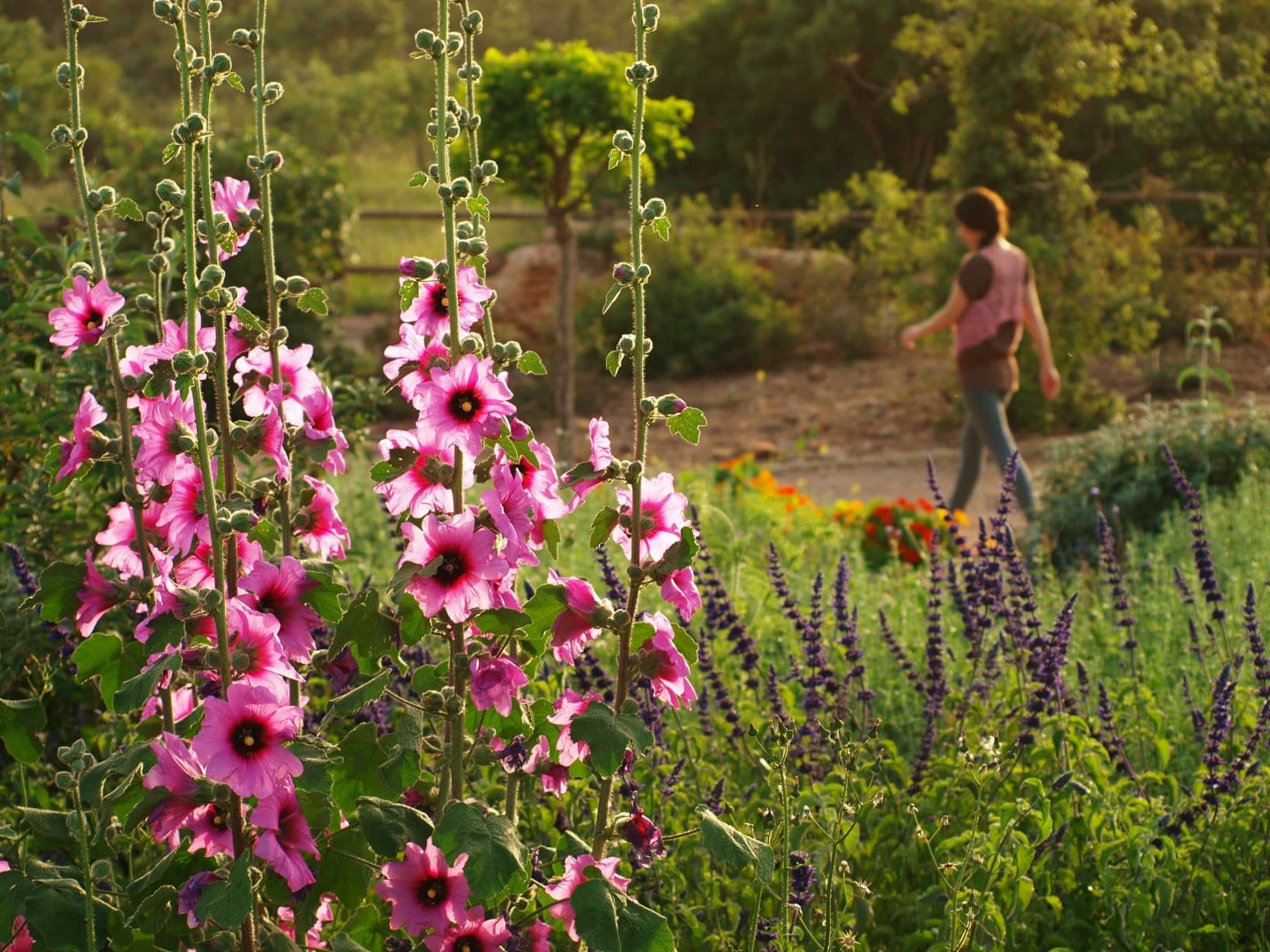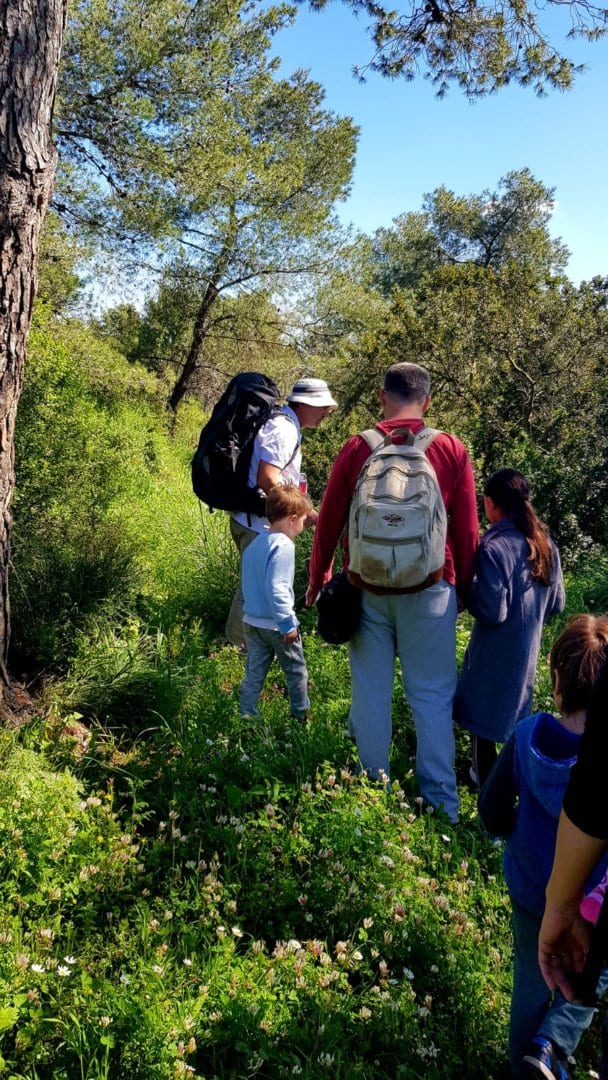Understanding and enhancing the experience of nature of visitors in “Ramat Hanadiv”
Agathe Colléony, Danielle Bashan, Liat Levontin & Assaf Shwartz
In recent years, a growing concern has been expressed worldwide regarding a process known as the ‘extinction of experience’. Modern humans are increasingly disconnected from nature, which in turn diminishes the multitude of health and well-being benefits that people can retrieve from experiences of nature, and ultimately endangers their affinity towards nature and willingness to protect it. Finding ways to improve people’s interest and connection to nature is therefore crucial for individual, societal and environmental health, but very little is known about how this could be achieved.





